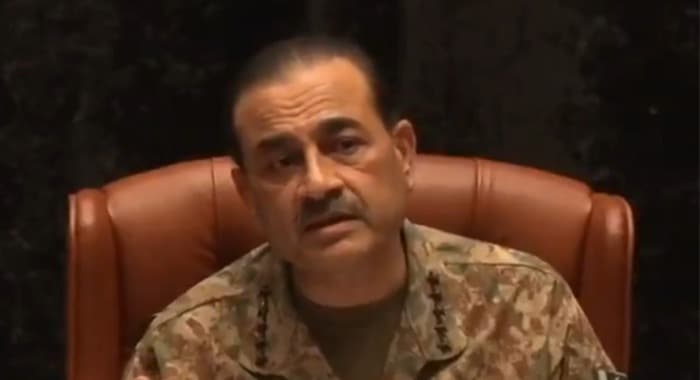Field Marshal Syed Asim Munir, NI (M), Chief of Army Staff (COAS), delivered a powerful address to the probationary officers of the 52nd Common Training Program (CTP) of the Civil Services Academy, urging Pakistan’s future bureaucratic leadership to embody unwavering integrity, institutional harmony, and an unshakable commitment to national service. The engagement, held at the Army Auditorium, was a key component of a broader national initiative to deepen civil-military synergy and cultivate strategic alignment between Pakistan’s civilian and military leadership. The young officers had recently completed field attachments with Pakistan Army formations deployed across peace-time and operational areas in Azad Jammu and Kashmir, Khyber Pakhtunkhwa, and Balochistan experiences that offered them rare exposure to the Army’s operational environment, inter-services coordination, and multifaceted role in national resilience.
In his comprehensive and thought-provoking address, Field Marshal Asim Munir spoke on critical national imperatives, including the evolving regional security landscape, internal and external challenges, and the Armed Forces’ steadfast role in preserving Pakistan’s sovereignty and stability. He emphasized that Pakistan’s progress rests on the pillars of institutional cohesion, mutual respect, and collective purpose.
“A transparent, capable, and service-driven civil bureaucracy is not merely an administrative arm—it is the backbone of governance and national continuity,” the Army Chief stated. He called on the young officers to rise above personal ambition and serve the nation with honesty, vision, and a sense of higher duty.
The session concluded with a candid and interactive Q&A segment, reflecting the spirit of open dialogue and shared responsibility. The CTP officers expressed deep appreciation for the opportunity to engage directly with the senior-most military leadership and described the experience as intellectually enriching and nationally significant.
This landmark interaction reaffirmed the shared vision of Pakistan’s institutions to advance the country’s strategic goals through unity, professionalism, and principled leadership.





